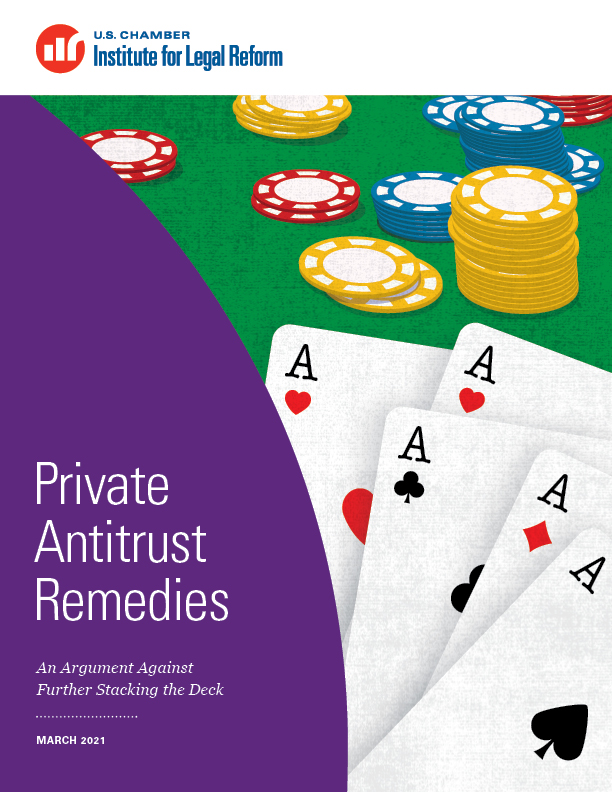Where businesses see growth, plaintiffs’ lawyers see opportunity.
Wisconsin is a perfect example. The Badger State has experienced strong job growth over the past few years.
But to sustain this growth, it must stay ahead of the curve by continuing to improve its legal climate. While the state has made important strides in the past to enact legal reforms, policymakers should avoid the temptation of resting on their laurels. Wisconsin’s legal system is still in need of improvement and plaintiffs’ lawyers and other related actors will certainly exploit every loophole available.
For example, the state’s current class action statute is only one sentence long, and was written in 1849. This state standard certainly falls short when measured against other standards followed throughout the country.
The state also lacks any rules governing the role of third party litigation funders (e.g., hedge funds) in pending litigation. Imagine the scenario where there is a shadow investor who is not a named party in a lawsuit but who is effectively pulling the strings in the case. It would seem that the involvement of this shadow investor in a lawsuit should be disclosed to the court.
Finally, private auditors are used to enforce the Department of Revenue’s unclaimed property laws. These auditors are hired on a contingency fee basis that encourages them to match as many unclaimed assets as possible, increasing the likelihood of false matches that trigger unreasonable reporting requirements and penalties on businesses to return unclaimed property to the state.
These three problems alone increase legal costs, prolong litigation and create tremendous uncertainty in the state’s legal system. Thankfully, a proposal before the state’s Senate and Assembly can fix all of these issues.
First and foremost, outdated and confusing statutes would be modernized. The bill would align the state’s class action procedures with federal rules, which is something that 47 states have already done. It would also tighten the class certification standards and allow both the plaintiffs and defendants to appeal certification decisions.
This bill would also introduce transparency to the practice of third party litigation funding by requiring the disclosure of funding arrangements. Courts and legal experts are beginning to catch on to the dangers of this practice when it is left unchecked. The Northern District of California amended its rules to require this very transparency, and the Advisory Committee on Civil Rules is considering a similar amendment. Wisconsin should follow these examples to ensure that the real parties in interest are disclosed to the court.
The legislation would also limit the Department of Revenue from hiring contingency fee-motivated private auditors who have wielded the power of the state to unreasonably (and irrationally) demand unclaimed property from companies. Government contractors should not be making commission from taxpayer dollars when they overreach in their work.
These are only a few of the bill’s provisions that would bring down the cost of doing business and the cost of the state’s legal system. It would also bring the state’s high overdue insurance claims interest rates down to a fair prime loan rate plus one percent. It would protect vulnerable consumers from predatory lawsuit lenders, which would also shorten the length of cases. And Wisconsin’s discovery rules would be modernized to match the federal rules, which would also make the process more balanced, less expensive, and less time-consuming.
In general, this bill would make things more efficient and more cost-effective. That must be why Wisconsin Attorney General Brad Schimel said it “will make litigation simpler, less expensive for taxpayers, and more in line with the vast majority of states and the federal court system.”
There is perhaps no better time for these reforms than right now. Passing this bill would allow businesses to harness the true power of Wisconsin’s growing economy without the fear of costly litigation.
To be sure, this is a key factor for businesses, big and small. The 2017 Lawsuit Climate Survey found that 85 percent of business leaders say a state’s litigation environment influences major business decisions, such as where to expand and hire. Making these commonsense reforms is necessary to solidify this growth.
We urge the Wisconsin legislature to pass this bill as soon as possible and keep the drive alive for legal reform.



